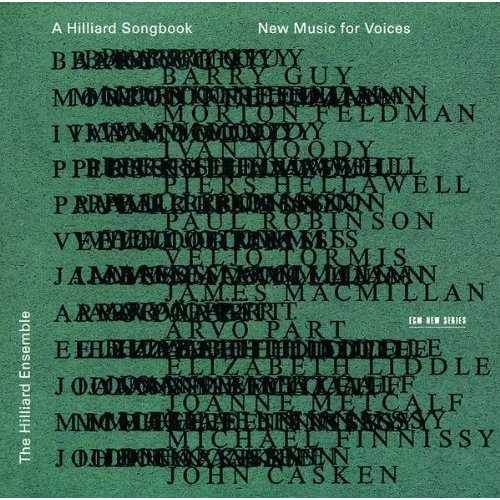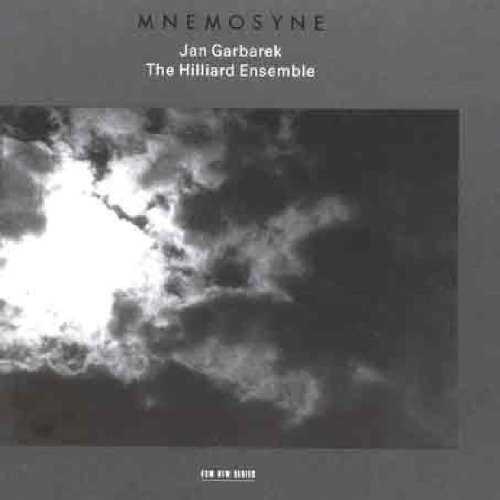
Composer: Veljo Tormis
Performer: Svanholm Singers
Conductor: Sofia Söderberg Eberhard
Format: FLAC (tracks)
Label: Toccata
Catalogue: TOCC0073
Release: 2007
Size: 292 MB
Recovery: +3%
Scan: cover
01. An Aboriginal Song
Kaksikpuhendus
02. I. I’d like to Sing a Song (Double Dedication)
03. II. Stars (Double Dedication)
Tombtuul
04. Crosswind
Kord me tuleme tagasi
05. Our Shadows (Once We Will Reappear)
Sampo cuditur
06. Forging the Sampo
07. The Bishop and the PaganStefan Engstrom10:04
08. Incantation for a Stormy Sea
Men’s Songs, Vol. 1
09. No. 1: Men’s Song
10. No. 2: Bundling Song
11. No. 3: Betrothal Visit Song
12. No. 5: Song of the Turkish War
13. No. 7: Serf’s Song
14. No. 8: Dancing Song
Raua needmine
15. Curse Upon Iron
The Estonian composer Veljo Tormis (born in 1930) has carved a unique position for himself in contemporary music. By marrying the quasi-minimalist rhythmic vigour of Estonian runic singing – a tradition some 3,000 years old – with the extended techniques of modern choral writing, he has created a body of music tingling with excitement, energy and power. Many of the works on this CD – where the composer, playing shaman drum and anvil, joins one of Scandinavia’s brightest young choirs – draw on folk sources in a reaffirmation of Estonian identity; others evoke the forces of nature as a metaphor for political upheaval.
Although Veljo Tormis is the second-most-famous modern Estonian composer (the most famous being Arvo Pärt), his music remains scarcely known in the west. Unlike Pärt, Tormis’ work hasn’t undergone a major stylistic shift; he has remained committed to using Estonian folk song as a basis for his music from the beginning of his career. He’s not simply an arranger or transcriber, though. The folk influence may be overt, or principles of its structure and distinctive characteristics may be submerged in a thoroughly contemporary soundworld. Even the most clearly modern pieces have a sense of emotional gravity and primal power that set them apart as the work of an individual musical thinker. Choral music has always been Tormis’ preferred medium, and he has written over 500 choral works. This small sampling of works for (or arranged for) men’s voices demonstrates the power and originality of his imagination. There is a sense in which his work seems a-historical, the product of a real maverick; it’s hard to pinpoint any classical tradition or earlier composers from which his sound might have been derived. Composers since have made some of Tormis’ qualities sound commonplace, but he has been writing like this throughout his long career. Central to his distinctiveness is his use of texture and rhythm, as elements more prominent than melody or harmony; the melodies may not stay with you, but the power of the driving pulse and eccentric textures is unforgettable. Many of the works include what would technically be considered extended vocal techniques, but in this context sound more primal than modern — panting, shouting, chanting, whispering, and whistling. Tormis also uses a hugely resonant shamanic drum in several pieces, and it contributes to the ritualistic, primitive atmosphere that some of his work creates. One of the most effective pieces recorded here is also his most famous, Raua needmine (Curse Upon Iron), which has a profound monumentality and a sense that a mysterious rite is being enacted. Svanholm Singers, directed by Sofia Söderberg Eberhard, performs this music as if it had it in its blood. The group shows remarkable assurance in singing not only with obvious discipline, but with the wildness the music requires. The sound is full, present, and immediate. Fans of modern choral music who aren’t familiar with Tormis’ music owe it to themselves to explore it, and this collection makes a terrific place to start.



